SPC holds lecture on state compensation adjudication
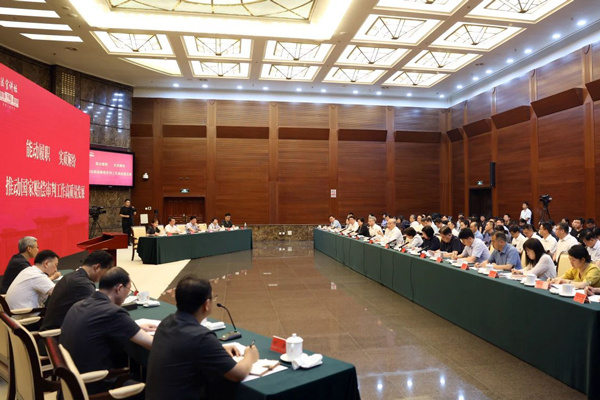
The Supreme People's Court holds the fifth lecture of its judges' forum on July 5, with discussions themed on advancing high-quality development of state compensation adjudication through duty performance and substantive dispute resolution. [Photo/court.gov.cn]
The Supreme People's Court (SPC) held the fifth lecture of its judges' forum on July 5, with discussions themed on advancing high-quality development of state compensation adjudication through duty performance and substantive dispute resolution.
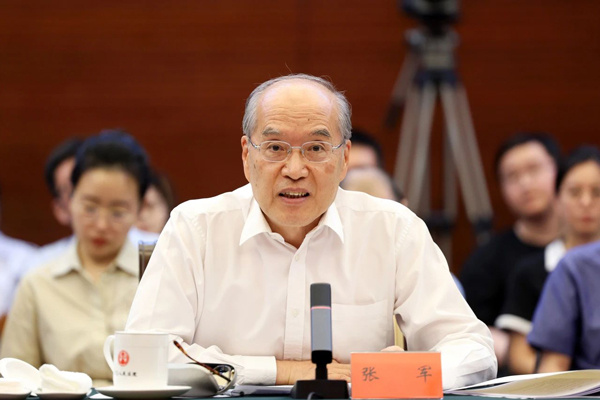
Zhang Jun, president of the Supreme People's Court, talks with experts, scholars and officials from relevant departments of the National Compensation Joint Conference.[Photo/court.gov.cn]
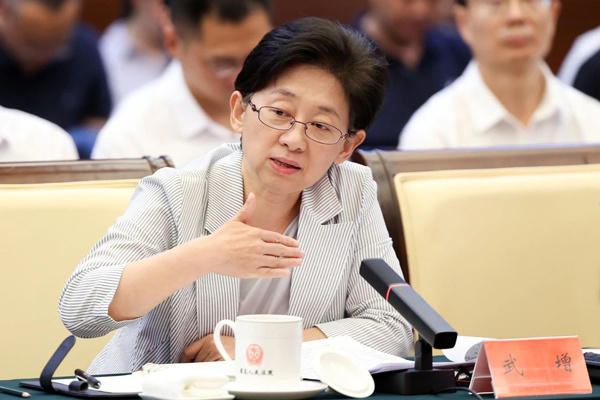
Wu Zeng, deputy director of the Legislative Affairs Commission of the Standing Committee of the National People's Congress, delivers a speech at the lecture. [Photo/court.gov.cn]
Zhang Jun, president of the SPC, and Wu Zeng, deputy director of the Legislative Affairs Commission of the Standing Committee of the National People's Congress (NPC), both addressed the lecture.
In her remarks, Wu highlighted the importance of implementing the State Compensation Law. The law, she said, ensures the implementation of the Constitution and upholds its provisions, promotes the development of democracy and the rule of law, as well as safeguards human rights and the legitimate rights and interests of citizens.
She urged the people's courts to thoroughly summarize typical cases and judicial rules accumulated via state compensation adjudication work, and make contributions to amending the State Compensation Law.
Zhang put forward his suggestions for progressing high-quality development of state compensation judgments and said that efforts should be made to ensure compensation is implemented effectively.
Each state compensation case should be handled properly in accordance with the law to maximize the protection of the legitimate rights and interests of the parties involved, he said.
Zhang said rectifications of judicial enforcement should not stop at state compensation, but should also include implementation of accountability and restitution measures.
Judges and enforcement personnel should fulfill their duties under the Constitution and law with a cautious approach to prevent erroneous judgments and minimize losses to the state, society and the people, he said.
Zhang called for efforts to ensure proper source-governance of compensation cases and added that no compensation payments will be required if there are no wrongful judgments.
To establish effective adjudication management in line with the law, it is essential to reflect on and learn from mistakes, while considering the reasons for their occurrence, during the adjudication of state compensation cases, he said.
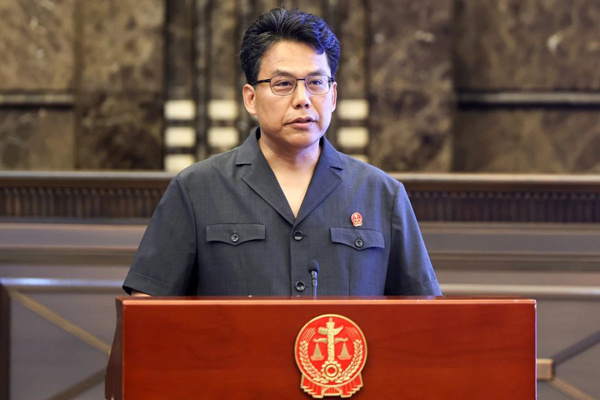
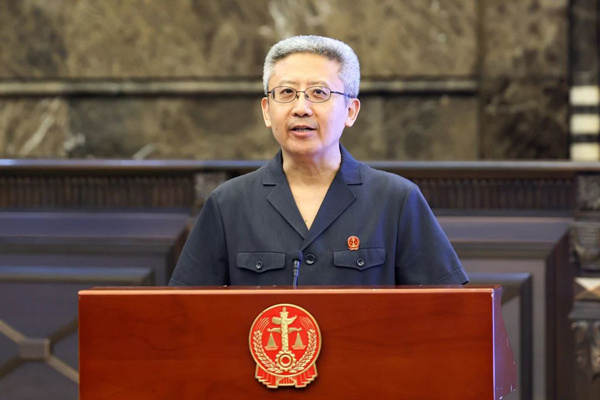
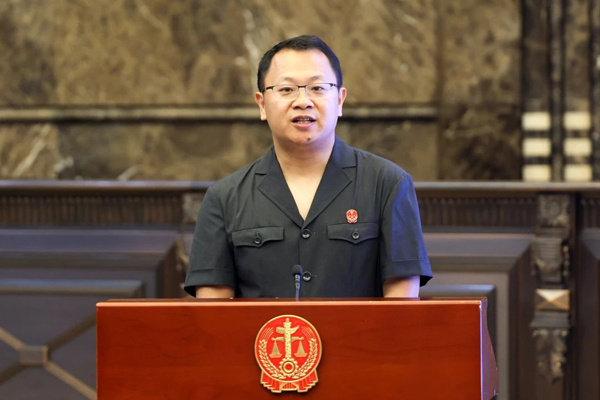
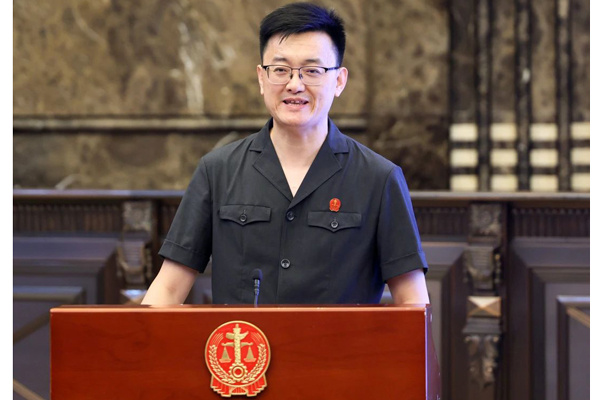
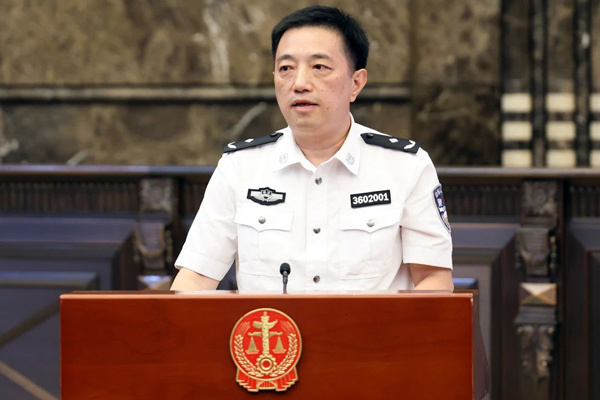
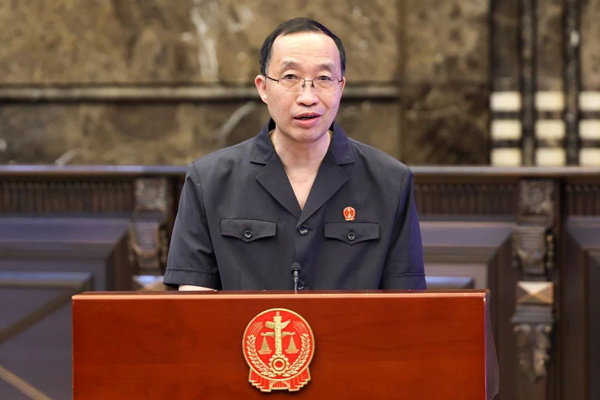
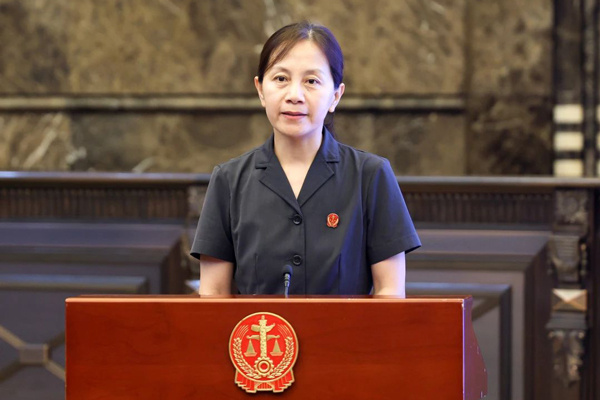
Representatives from the Supreme People's Court, lower-level people's courts and management departments of prisons present progress reports on state compensation adjudication regarding rectifying wrongful convictions, safeguarding human rights, managing compensation sources and disputes resolution through specific data and case studies. [Photo/court.gov.cn]
During the lecture, representatives from the SPC, lower-level people’s courts and management departments of prisons presented recent progress reports on state compensation adjudication regarding rectifying wrongful convictions, safeguarding human rights, compensation source governance and disputes resolution through specific data and case studies.
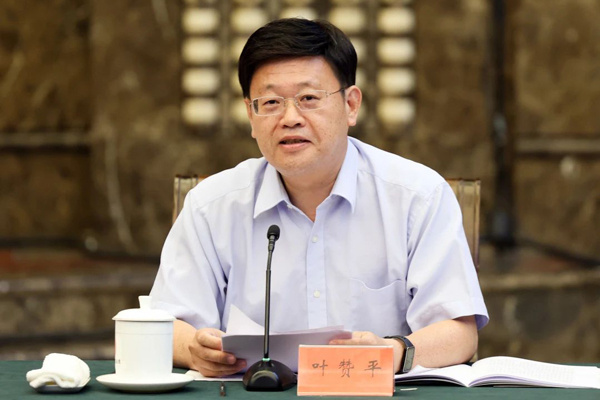
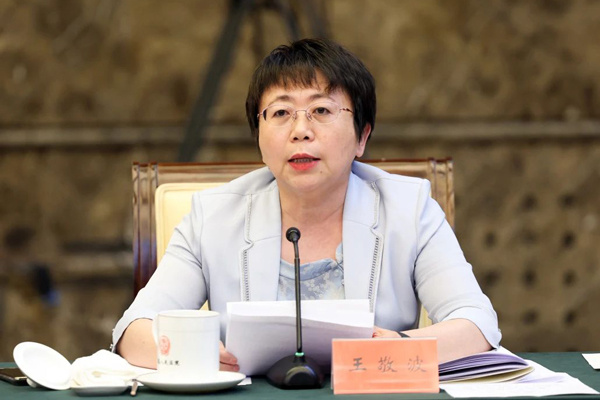
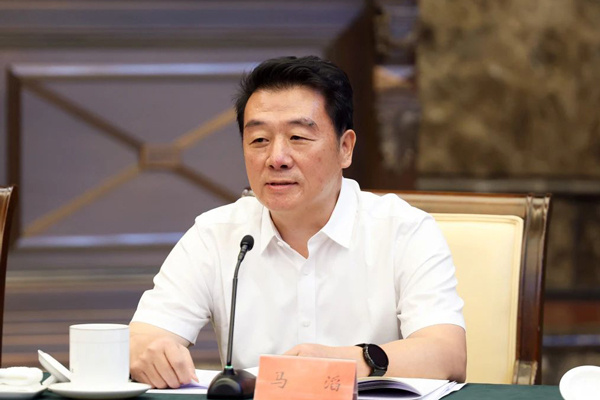
Ye Zanping, a deputy to the National People's Congress (NPC) and member of the Supervisory and Judicial Affairs Committee of the NPC; Wang Jingbo, vice-president of the Administrative Law Research Association of the China Law Society and president of Heilongjiang University; and Ma Tao, deputy-director of the 10th Procuratorial Department of the Supreme People's Procuratorate, provide suggestions based on judicial practices. [Photo/court.gov.cn]
NPC deputies and legal experts who were in attendance shared comments and suggestions.
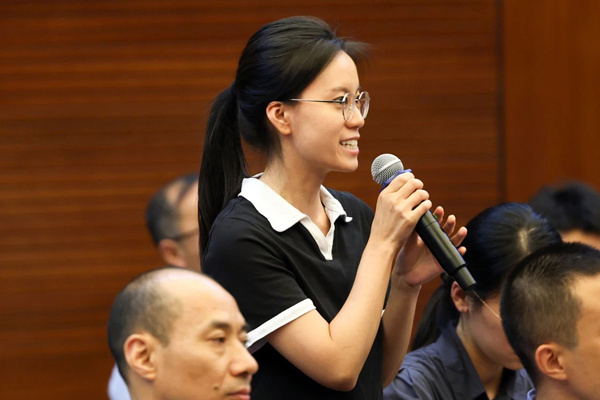
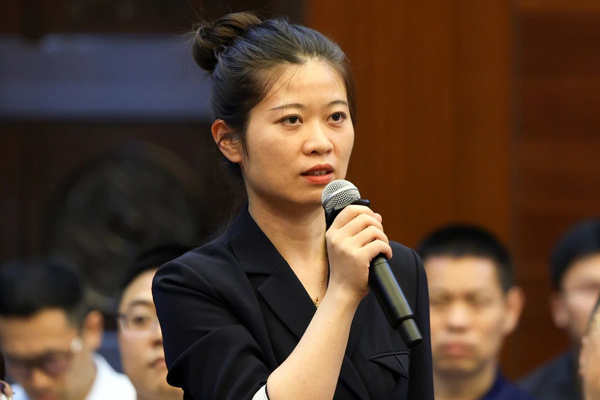
Two individuals ask questions during the interactive session. [Photo/court.gov.cn]







